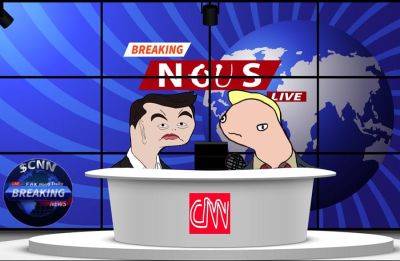Hear out, show proof to borrowers suspected of 'wilful default': Bombay HC
High Court ruling directing commercial banks to produce evidence to defaulting customers before invoking the master circular on wilful default will bring respite to small borrowers arm-twisted into settling loans, but it may also encourage large borrowers to go to courts and delay recovery, said industry experts.
This landmark order delivered by the high court last week and the banking regulator's directive to banks that the defaulter be given an in-person hearing will significantly change the way banks tag borrowers as wilful, they added.
A division bench comprising justices BP Colabawalla and Somasekhar Sundaresan issued the order in a case involving IL&FS director Milind Patel versus Union Bank of India.
«The order that lenders should prescribe a reason for invoking the wilful defaulter master circular will remove the banks' discretion and make them more responsible for taking action against borrowers,» said Abizer Diwanji, head of financial services at EY. «However, there is an apprehension that based on this order, some promoters may challenge the bank's action, contending that they were not provided adequate evidence to show the occurrence of a wilful default. This is because evidence in the forensic audit report often indicates the money trail, but it is not always conclusive,» he added.
The Reserve Bank of India defines a wilful defaulter as a person or company that has defaulted despite having the capacity to honour the loans by diverting or siphoning off funds or failing to infuse the committed equity


























